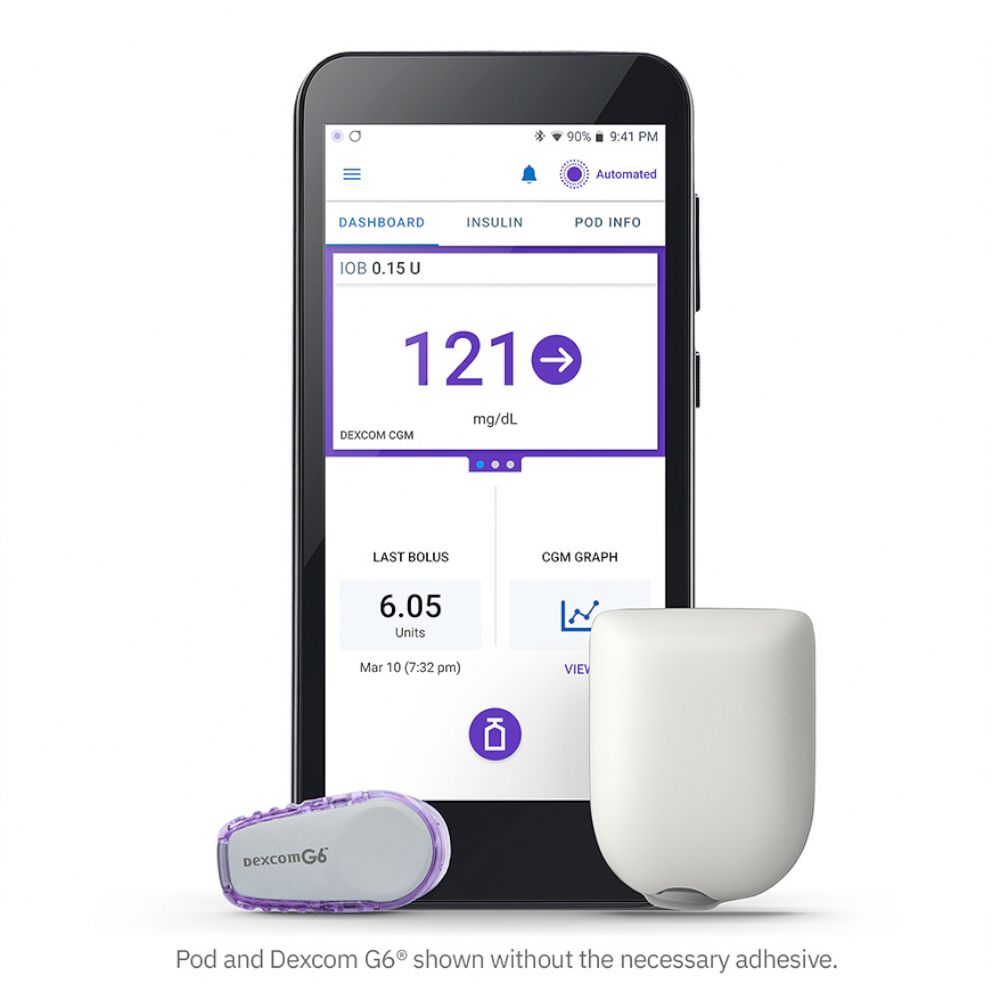Chrissy Teigen shares warning signs of Type 1 diabetes after son's diagnosis: What to know
Teigen and her husband John Legend are the parents of 6-year-old Miles.
Chrissy Teigen's revelation that her 6-year-old son Miles, whom she shares with husband John Legend, has Type 1 diabetes is putting a spotlight on a disease that impacts more than 2 million adults and kids, according to the U.S. Centers for Disease Control and Prevention.
Teigen, who has four children with Legend, shared on Instagram on Wednesday that their son Miles was diagnosed with Type 1 diabetes after being hospitalized for an illness that started while he was at a summer camp.
Teigen said she shared her son's diagnosis after followers on social media noticed Miles wearing a continuous glucose monitor, or CGM, in a photo she shared of the family at the 2024 Olympics in Paris.

"Miles had his arm up, and soooo many of you reached out to say the most beautiful and incredible words I have ever witnessed on this platform," Teigen wrote. "You noticed his type-1 diabetes monitor and extended so much love and encouragement in every way possible."
The model and cookbook author went onto share that Miles' diagnosis came after he was hospitalized with an intestinal infection earlier this summer and doctors noticed something "off" in his blood work.
"I've learned since then that this is how so many young children end up being diagnosed with type-1 - going to the hospital for something completely different," Teigen wrote. "After more testing, we learned he is in the 'honeymoon period' of a lifetime of T1."
She continued, "Last night we gave him his first shot of insulin and here we go! A different, new world for us and we are certainly learning so much on the fly."

Teigen's post was met with supportive comments from fellow parents of children with Type 1 diabetes, an autoimmune disease in which the pancreas makes little to no insulin, according to the CDC.
"You have the support of all type 1 parents on your side. We all know how scary and frustrating it is," wrote one commenter.
What parents should know
Type 1 diabetes, previously called insulin-dependent or juvenile diabetes, is a chronic disease for which there is currently no cure.
Unlike the more common Type 2 diabetes, which is brought on by lifestyle factors and genetics, there is also no known way to prevent Type 1 diabetes, according to the CDC.
While Type 1 diabetes is often diagnosed in children, teens and young adults, it can develop at any age.

Symptoms of Type 1 diabetes can be mistaken for other conditions or overlooked, especially in young children.
In addition to excessive thirst, frequent urination and unexplained weight loss, symptoms of Type 1 diabetes can include dry mouth, fatigue and weakness, increased appetite and slow-healing cuts, according to the CDC.
The disease is thought to be caused by an autoimmune response that destroys the insulin-making cells in the pancreas, according to the CDC. As a result, people with Type 1 diabetes are dependent on external sources of insulin, delivered via shots or an insulin pump, to stay alive.
In addition to taking insulin, people with Type 1 diabetes must measure their blood glucose levels multiple times a day, by either finger pricks or wearing a continuous glucose monitor.
Common complications of Type 1 diabetes include hypoglycemia, or low blood sugar, and diabetic ketoacidosis.
Long-term complications from the disease can include increased risk of nerve damage, kidney disease, cardiovascular disease and stroke.







